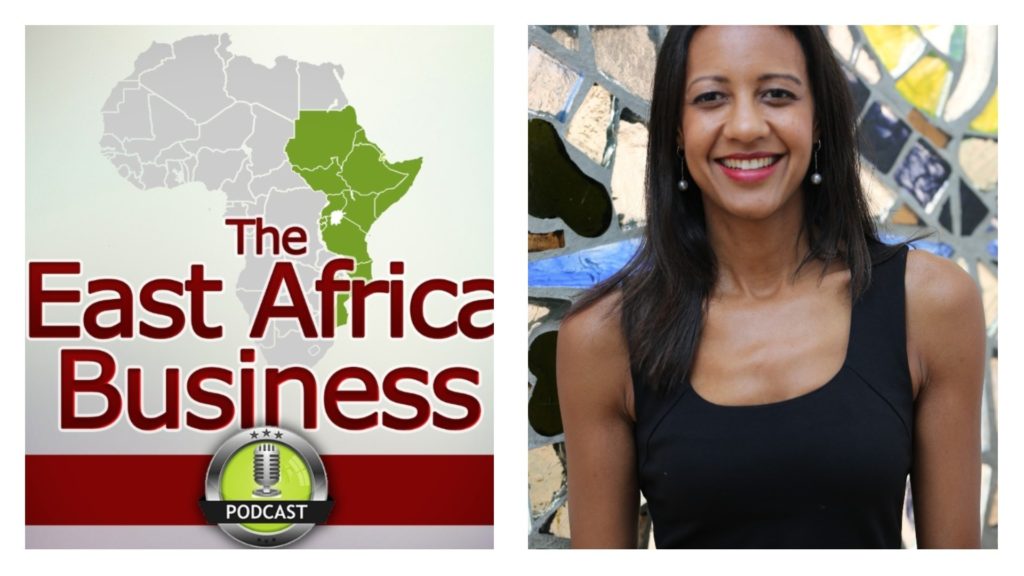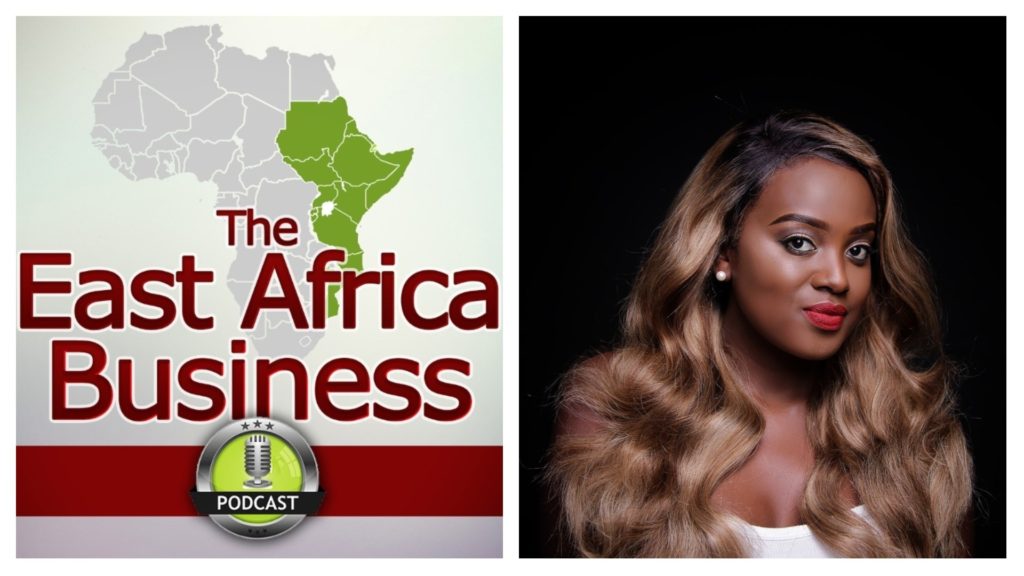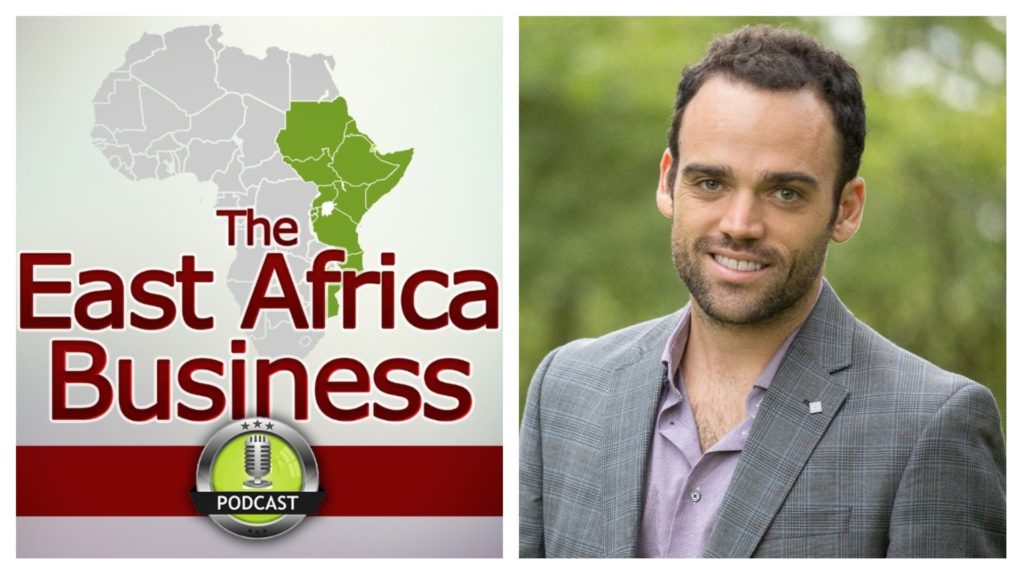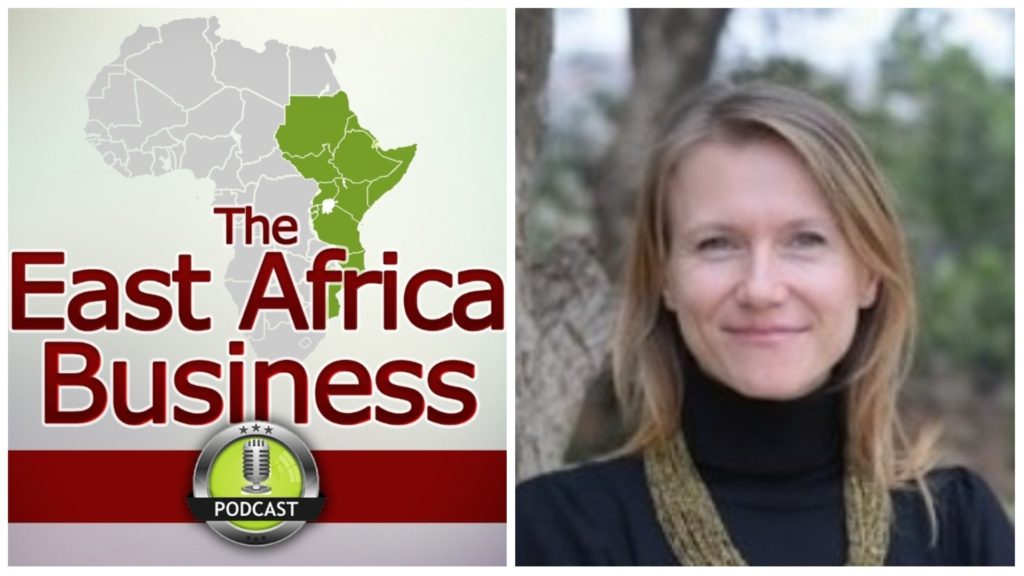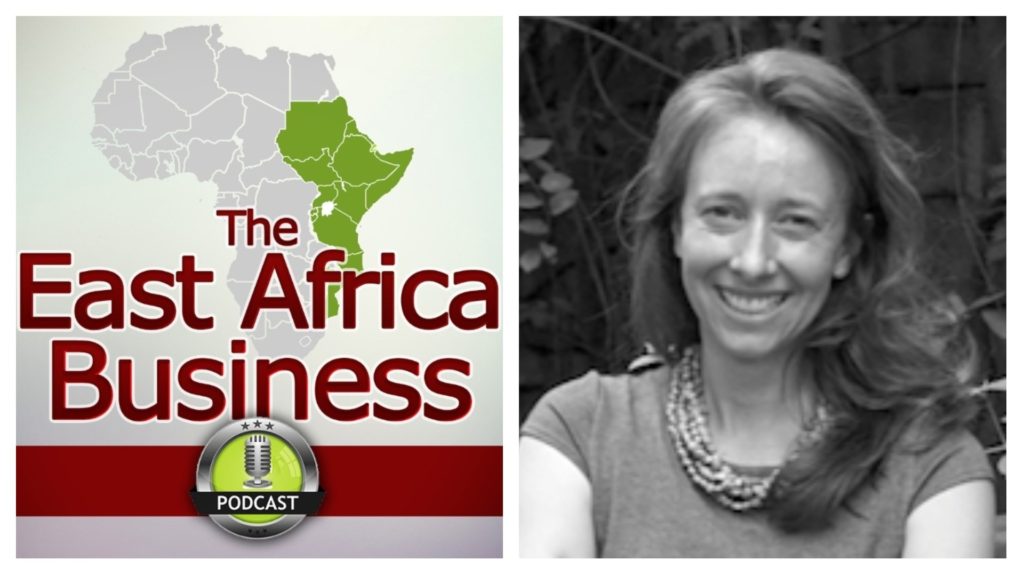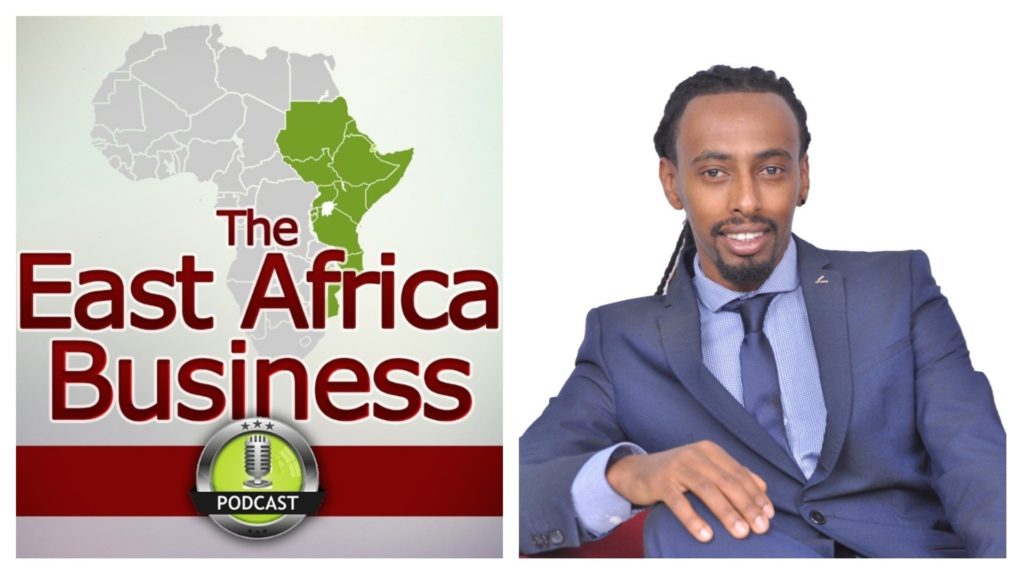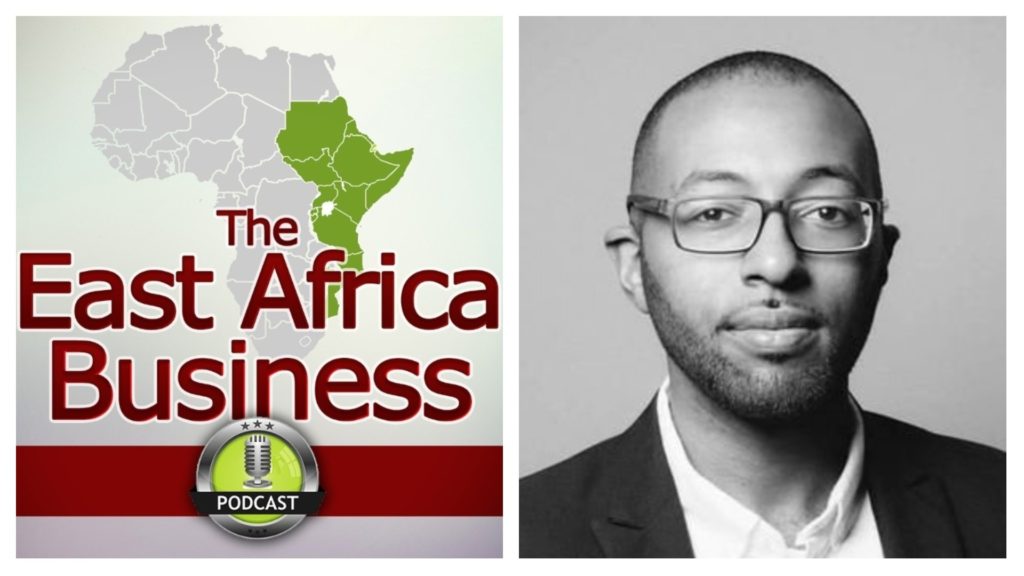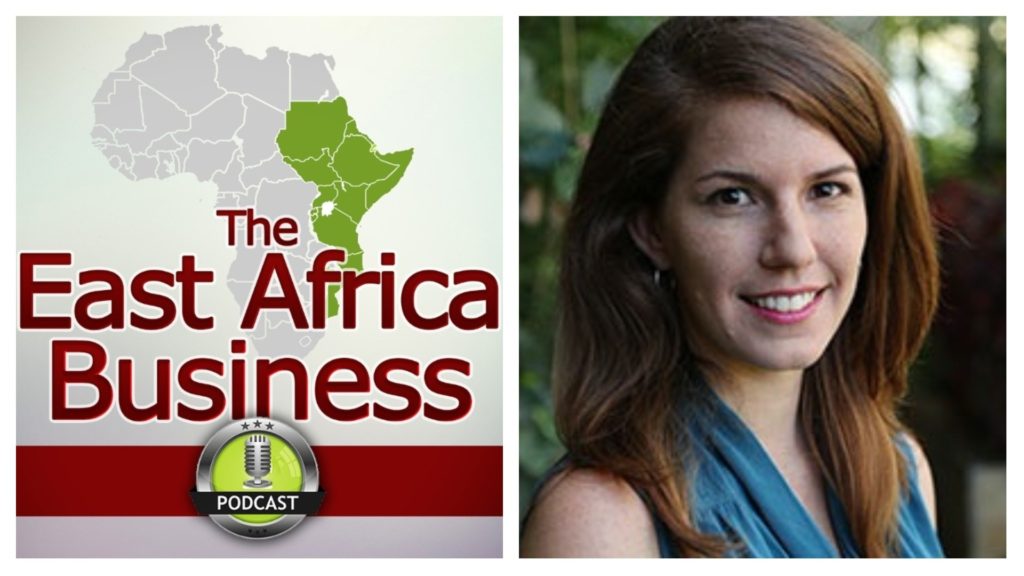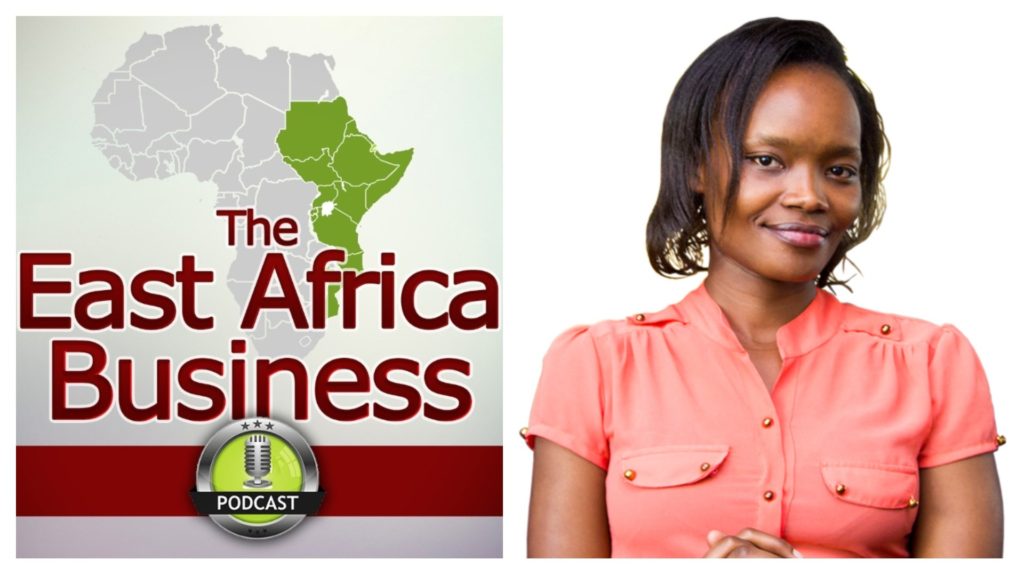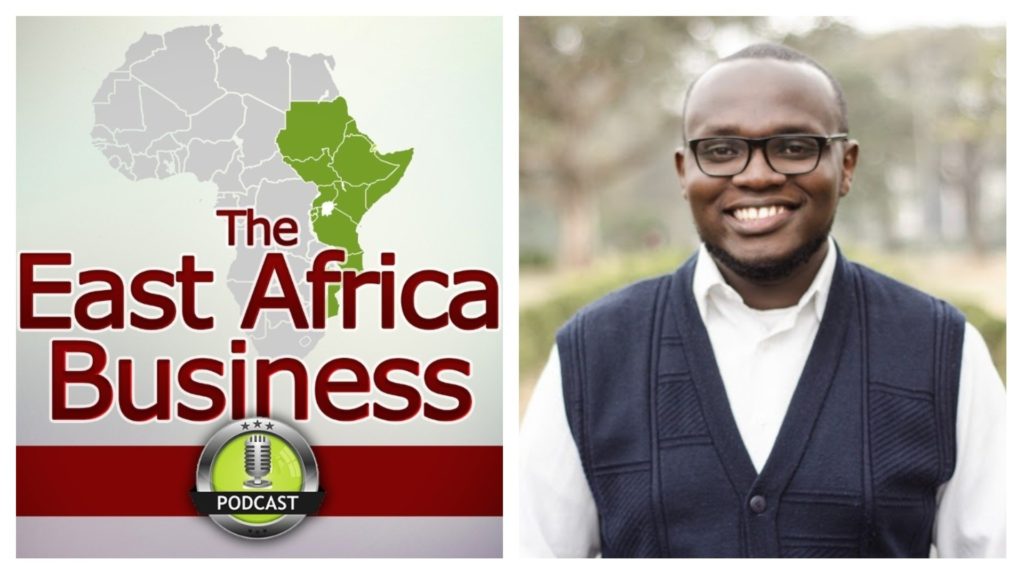Overview
One of the upsides of the internet is the ability to collect and store information that was previously only passed down between generations, or spread by word of mouth.
One of its downside though, is that it’s a very big place, and trying to find relevant information can be a thankless task in a world where we’re all short on time.
Of all the information that’s out there, Mums Village is looking to organise it for a discrete set of people
Mums in Kenya.
Isis, the founder of Mums Village, and I discuss the platform she has built.
Sign up below to hear whenever there are new stories and episodes released on the podcast
We go into what Kenyan Mums are wanting to know about, the partnerships they’ve built with local and international business and how she’s seeing the next wave of internet users engaging with content in a different way
What I like about this is how Mums Village sits in the middle of two sets of people who each have a need.
Namely, that they are providing value to Mums (whom they don’t charge) and that this aggregation into one place is valuable for brands looking to connect with them (where they do charge).
This is a good lesson for any entrepreneur looking at creative ways in which they can build a business.
Also, we make reference to a podcast interview with a company called Lynk.
You can listen to that episode by searching for the Services Marketplace episode when scrolling through the archive
In industry circles, it’s known that new Mums are a valuable market segment to own.
As a consumer juggling many responsibilities, they are typically willing to trade time for money, however this comes with an expectation of a higher level of trust.
When it comes to building trust, people generally favour getting advice from those they know already, and with the advent of the internet, it’s possible for these discussions to be happening online.
Mums Village is taking the conversations at the school gate and aggregating them into an online platform.
This includes all types of media, whether it be articles, forums or even a TV show, all with the central message of making the lives of Mums easier.
In order to bring greater value to their users, the platform partners with organisations looking to connect with Mums, offering products and services that will be of benefit to them.
The platform has been going for a couple of years already, and with Isis’ experience scaling Google and MTV across Africa, they are setting their sights beyond just Kenya.
This is a great episode both for learning how to build a two-sided business, being at the frontier of converting offline conversations online, and also to hear about insights on the East African parent.
Lessons and Insights
Biggest insight: I’ve had to unlearn my approach to how users will find us online
Our content: We’ve given brands a new way to engage via The Mums Village Show
Find them Online/Other Helpful Links
Website: https://mumsvillage.com/
Facebook: MumsVillage
Twitter: MumsVillage
Instagram: mumsvillage
Mums Village show: mumsvillage.com/videos/
Lynk podcast episode: Service Marketplaces
